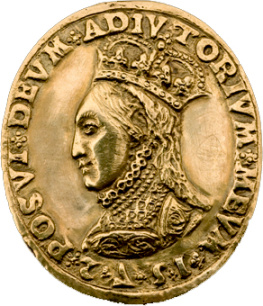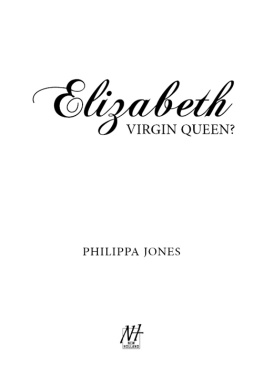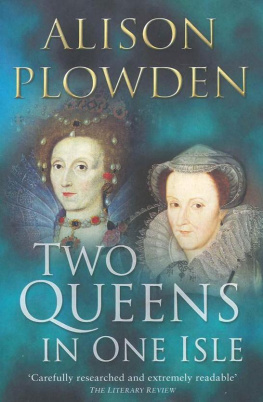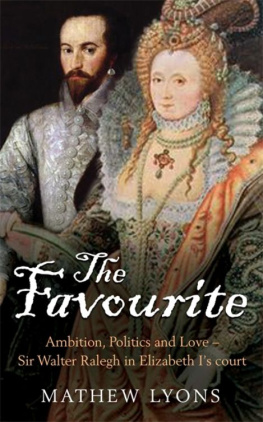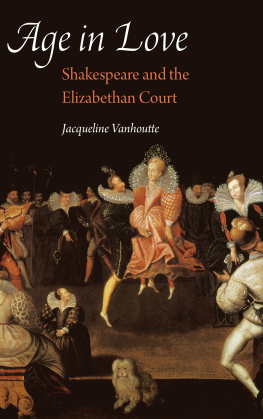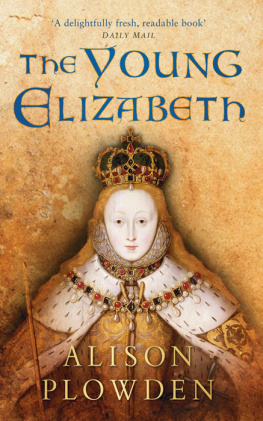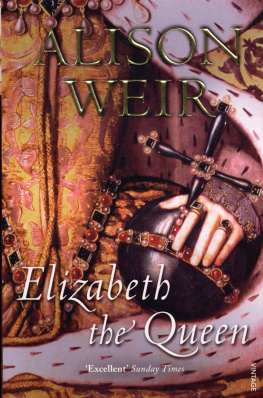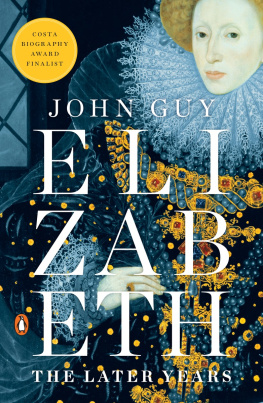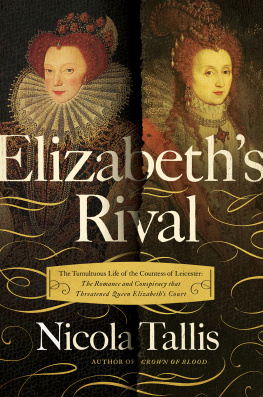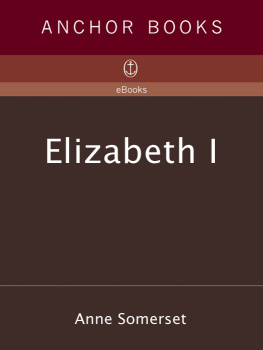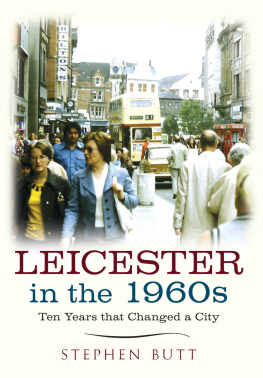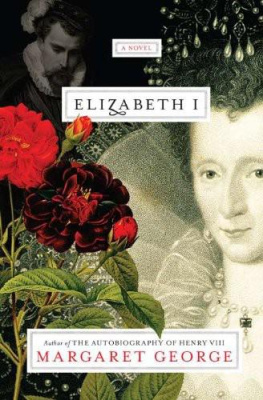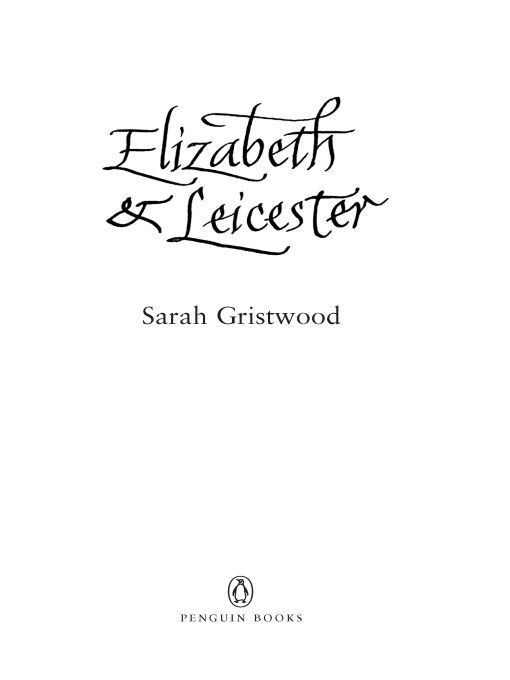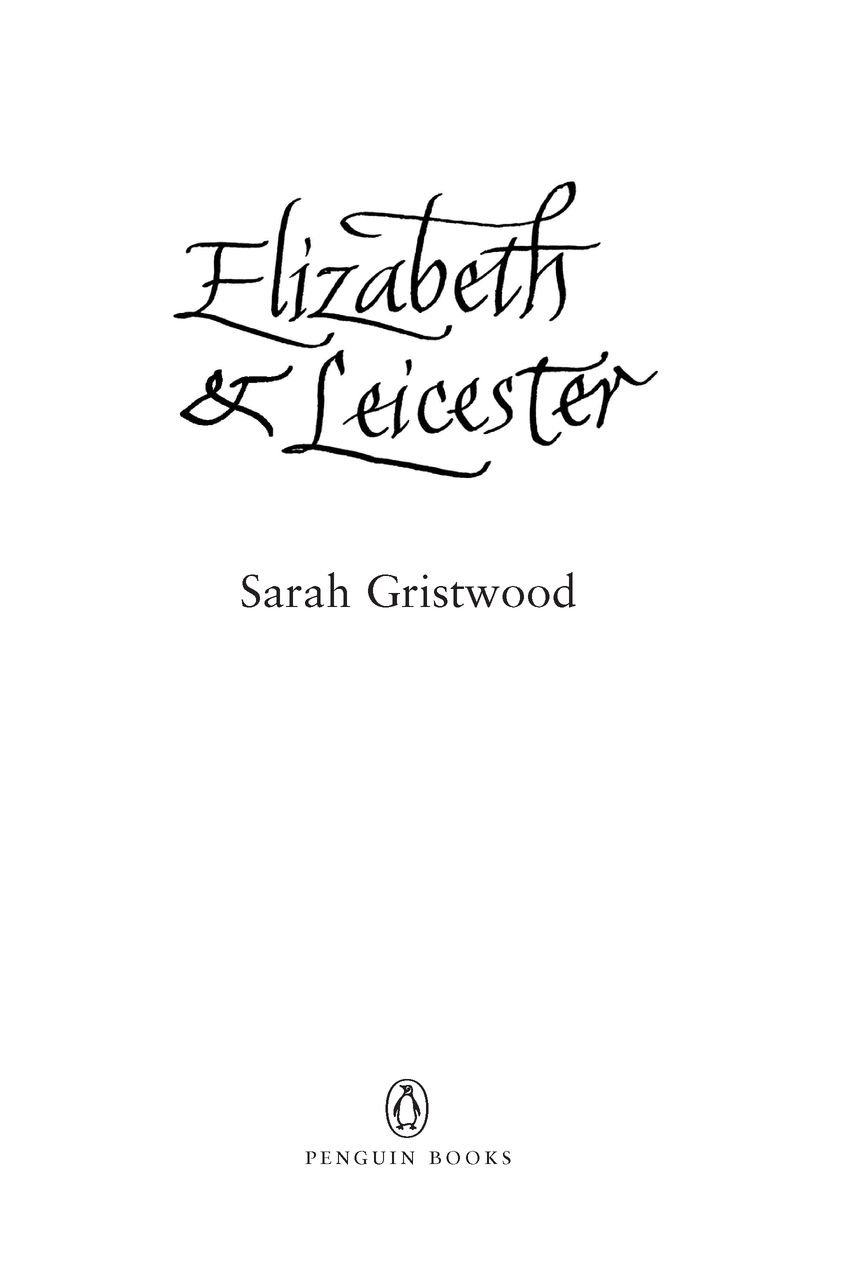Table of Contents
Praise for Elizabeth and Leicester
Quite simply one of the most enthralling history books Ive ever read. Packed with riveting detail, it is full of engaging and perceptive insights into the truth about the Virgin Queen and the man who meant more to her than any other. You must read this!
Alison Weir, author of The Life of Elizabeth I
Elizabeth Tudor and Robert Dudley first crossed paths as children, in the court circles of her father, King Henry VIII.... Many accounts emphasize the early, passionate phase of the relationship; Gristwood chronicles an enduring bond at turns romantic, affectionate, quarrelsome, and distant, and she skillfully explores the intersection of personal relations and politics.... The book is especially engaging in suggesting what drew the two together, what made them friends and working partners.... Whether they had sex or not, Gristwood convinces us, theirs was a great love story. The Boston Globe
Sarah Gristwood manages to contribute something new to the colorful noise of the Elizabeth industry... [and] distills the mighty queen and her thwarted lover down to two very real, very complicated human beings.... [The] success with this book is even more impressive considering the heightened expectations readers have about private details and public lives.... For anyone with an appetite for history, Gristwood pulls off a neat feat. She offers a lively and real picture of this pair that draws heavily on the absence of fact. Chicago Sun-Times
Vivacious and absorbing. Gristwood is a mistress of the trivial details that enthrall. Full of intriguing suggestions, stimulating analogies and shrewd connections. The Sunday Times (London)
Gristwood disentangles the many myths and stories that have, since the start of Elizabeths reign, been spun around the lifelong love and loyalty between the queen and her Sweet Robin. This is rich terrain, taking us into the heart of our feelings about femininity, power, and nationhood. Makes one feel that Freuds question What do women want? might have been inspired by the enigmatic behavior of Elizabeth herself.
Telegraph (London)
As well as producing an enthralling account of one particular relationship, Gristwood crams her book with fascinating details of life at court.
The Mail on Sunday (London)
The tangled and enigmatic relationship of Leicester and Elizabeth has always fascinated posterity.... One of the most gratifying aspects of Gristwoods exhaustive and perceptive new look at Leicester and the queen is that it traces the whole arc of the relationship as it both cooled and deepened with the dramatic changes in the political landscape through the long decades of Elizabeths reign. The Philadelphia Inquirer
ABOUT THE AUTHOR
After leaving Oxford, Sarah Gristwood worked as a journalist specializing in the arts and womens issues. She was a regular contributor to the Times, Guardian, Independent, and Evening Standard.
When I was fair and young, and favour graced me,
Of many was I sought their mistress for to be.
But I did scorn them all, and answered them therefore,
Go, go, go seek some otherwhere,
Importune me no more.
How many weeping eyes I made to pine with woe;
How many sighing hearts I have no skill to show.
Yet I the prouder grew, and answered them therefore,
Go, go, go seek some otherwhere,
Importune me no more.
Then spake fair Venus son, that proud victorious boy,
And said: Fine dame, since that you be so coy,
I will pluck your plumes that you shall say no more
Go, go, go seek some otherwhere,
Importune me no more.
When he had spake these words, such change grew in my
breast
That neither night nor day since that, I could take any rest.
Then lo, I did repent that I had said before,
Go, go, go seek some otherwhere,
Importune me no more.
Finis
Elizabetha Regina
c.1580s
O! mistress, why
Outcast am I
All utterly
From your pleasaunce?
Since ye and I
Or this, truly,
Familiarly
Have had pastaunce.
And, lovingly,
Ye would apply
Thy company
To my comfort:
But now truly,
Unlovingly,
Ye would deny
Me to resort.
But since that ye
So strange will be
As towards me
And will not meddle,
I trust, percase,
To find some grace
To have free chase
And speed as well.
Anon.
earlier sixteenth century
Preface
IT IS ALMOST HALF A CENTURY SINCE THERE HAS APPEARED A NON-FICTION book specifically on Elizabeth Tudor and Robert Dudley. It seems almost incredible to write it. There has, of course, been every other kind of version of the story. Two major new television series on Englands most frequently filmed monarch; Philippa Gregorys best-selling novel about the relationship itself; a great theatrical revival of Schillers play Mary Stuart, with Robert caught between a queen of hearts and a queen of heads... and before that, the feature film entitled simply Elizabeth, its themes echoed in the sequel, The Golden Age. And this is to ignore all new biographies of Elizabeth, popular or academic, and all the new work on Robert Dudley; to ignore, too, those old enough to have seen Glenda Jackson in Elizabeth R, or to have read the myriad novels by Margaret Irwin or Jean Plaidy.
This is clearly an appetite that grows by what it feeds on - luckily for me. There is, it might seem, a risk in offering a factual version of the Elizabeth and Leicester story: a risk that, with all the necessary cavils, all the quibbles about the fluidity of the source material (rumours of doubtful attribution; ambassadors letters weve read only in translation), it may always be less palatable than quick, colourful fantasy. But in fact, the more attractive and convincing the recent fictions have been, the more ones curiosity is sparked for the real story. We want to weigh the evidence for ourselves - like successive generations of historians; like Robert and Elizabeths contemporaries.
The last book specifically on this subject was published in 1961 by Elizabeth Jenkins, whose earlier biography of the Queen had pictured her repeatedly rescued from herself by protective masculine authority. More recently, feminist study of Queen Elizabeth has tended, inevitably, to downplay the role of the men in her life, while fresh work on the long-maligned Robert has concentrated on his own background, beliefs, financial affairs - on viewing him as an independent entity. I set out, in beginning this book, to examine the relationship in its long entirety (rather than just the first few years of it, as has more often been done); to try to discover what it meant not only personally, but politically. What was its impact on Elizabeths reign and on her kingdom? What might one learn by using the relationship (and the perceptions of Robert Dudley himself, a man who knew his queen better than any) as a prism through which to re-examine one of the best-known, and still most fascinating, pieces of English history?


